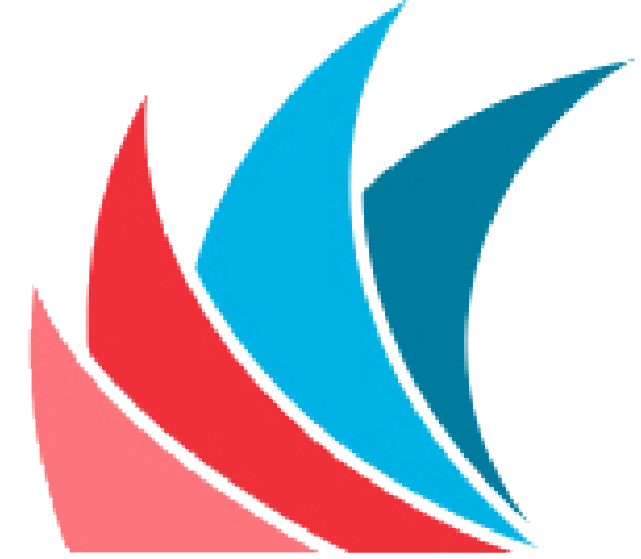
- Faculty:
- Carole Levitt | Mark Rosch
- Duration:
- 1:00
- Short Description:
- As early as 1996, many state bar associations began issuing formal (or advisory) ethics opinions on the ethical uses of Internet technology. Many of those opinions relating to Web sites and online communications apply the advertising rules that already exist for print advertising. In the late Summer of 2010, the American Bar Association issued its Formal Opinion 10-457 discussing ethical concerns

- Faculty:
- Mark Rosch | Carole Levitt
- Duration:
- 1:00
- Short Description:
- More and more attorneys and judges are using social media, either for its intended purpose of social networking (and, for the lesser intended purpose of marketing) or for its unintended purpose of investigative research. There has been much discussion online amongst legal experts about what sorts of investigative activity is ethical for lawyers to engage in. Most Bar Associations however, have not yet addressed this topic. Two exceptions are the Philadelphia Bar and the New York State Bar.

- Faculty:
- Roy Ginsburg
- Duration:
- 1:00
- Short Description:
- The representation of women and minorities in major U.S. law firms, especially at the partnership level, remains abysmally low. The numbers indicate that relative to the overall population (half women; one-third minority) and that of the demographic makeup of law students, women and minorities continue to be under-represented among the partnership ranks at major law firms. According to the latest

- Faculty:
- Roy Ginsburg
- Duration:
- 1:00
- Short Description:
- Everyone knows that, much like diet and exercise, networking is good for you and that, similarly, there are lots of excuses for avoiding it. When coaching lawyers or conducting CLEs on business development, the author hears a lot of resistance to incorporating networking as a means of building a book of business. Here are the most common excuses: I don't have the time.

- Faculty:
- Carole Levitt | Mark Rosch
- Duration:
- 1:00
- Short Description:
- As law office technology becomes more sophisticated, more and more of the functions of that software is moving off-site...off of the lawyers' own computers and networks, and into the "Cloud." Different states take different positions about how and whether attorneys can and should be using cloud services in their practices. This articles reviews nearly three dozen ethics opinions from multiple jurisdictions to discuss those various positions. California attorneys and paralegals can earn one hour of California Legal Ethics MCLE credit by reading this article and completing the accompanying quiz related to the article and the Ethics Opinions it covers.

- Faculty:
- Mark Rosch | Carole Levitt
- Duration:
- 1:00
- Short Description:
- Lawyers looking for evidence need to start thinking about looking "virtually." With increasing amounts of "paperless" information being added to the Internet every minute of every day, there is an increasing chance lawyers could find potentially relevant evidence there. Evidence to prove or refute a point in contention, get the upper hand in a settlement conference, or decide w

- Faculty:
- Roy Ginsburg
- Duration:
- 1:00
- Short Description:
- During the past 3-4 decades, achieving diversity in the legal profession has been the goal of many within, as well as outside, of the profession. If you google the terms “diversity” and “legal profession,” there are over a million and half results. Many of them describe the efforts of the American Bar Association (ABA), numerous state and local bar associations, law firms,

- Faculty:
- Roy Ginsburg
- Duration:
- 1:00
- Short Description:
- If you ask most attorneys whether their clients are satisfied, the vast majority would, of course, say "yes." If you then ask them "what makes you so sure?" the responses would typically range from "They don’t complain" and "They’re nice to me" to "They pay their bills" or "They continue to do business with us." A closer exami
Please wait ...

